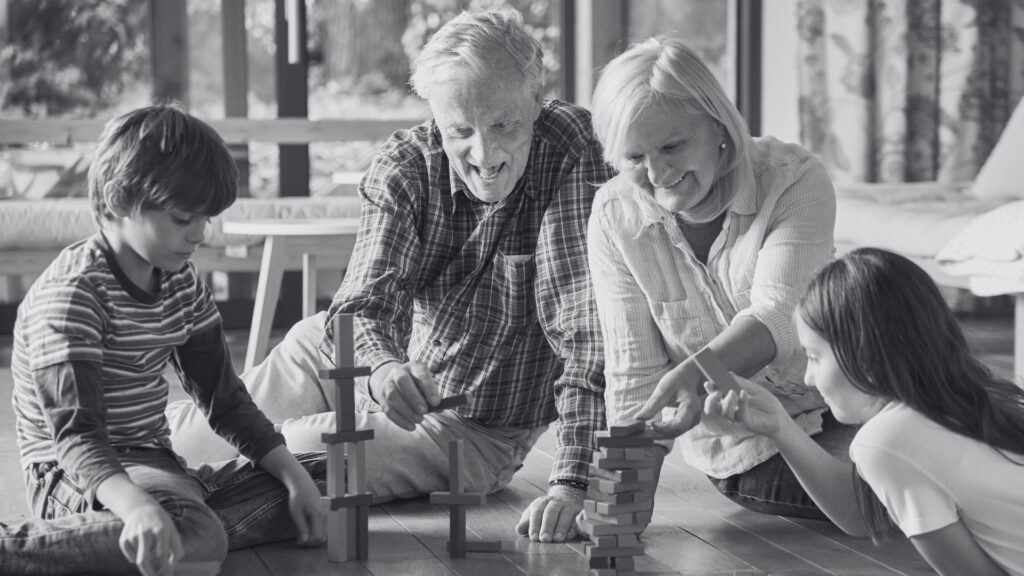It’s likely that most people have probably heard of mediation but unless you know someone who has been through it, you may not know exactly what it is or how it works. Here is some simple information to help you understand mediation.
What is mediation?
Mediation is one means of alternative dispute resolution (ADR) and can be used in several different contexts. For the purposes of this article, we will discuss its use in family law matters. Family law mediation can be used to resolve disagreements over parenting and property matters during separation or divorce. In either case, a neutral third party called a mediator facilitates the process. Specifically, he or she will help couples:
- Identify outstanding issues;
- understand one another’s point of view;
- reach consensus on issues in dispute.
A mediator does not:
- Dictate what the outcome should be; or
- provide legal advice.
How does it work?
As long as you feel comfortable interacting with your former partner or spouse, mediation can be conducted face-to-face. If you feel unsafe or uncomfortable with this approach, you can opt for shuttle mediation. In shuttle mediation, you and your ex-partner sit in separate rooms, the mediator speaks with each of you individually during the same session and then conveys what is said to the other party. In some cases, mediation can also be done over the phone, with the parties on a conference call. Your specific circumstances will determine the number of mediation sessions and the duration of each one. In general, a session can last from three to six hours.
What to expect
Preparation and initial steps: Preparation is a key to successful mediation. For example, it is important for you and your ex to exchange information about all of your finances prior to mediation for resolution of property matters. You can also telephone or meet with your mediator to share any general questions or concerns prior to mediation. Unless shuttle mediation is warranted, family law mediation usually starts with a joint session. If the mediation is for resolution of property matters, all participants and the mediator will likely discuss:
- Relevant financial material;
- the financial contributions each person made during the relationship/marriage;
- financial needs going forward.
In mediation conducted for the resolution of parenting issues, the participants and mediator usually hash out any concerns regarding:
- Parental responsibilities;
- care and living arrangements of the children.
Depending on the situation, ‘child inclusive’ mediation where the children become involved in the mediation process may be beneficial. If so, prior to the mediation a counsellor will speak to you, your former partner or spouse, and the children. Between the counsellor and a skilled mediator, they will have specific techniques to make children feel comfortable with the mediation process. He or she will then attend the mediation to help everyone come up with a universally acceptable solution.
What happens next?
Once all of the joint sessions are over, individual negotiations take place. If you choose, this part of the process can be similar to shuttle mediation where you and your ex sit in separate rooms with your legal representatives. The mediator will then go between each room, relaying each of your offers and trying to help you reach an agreement. If you do come to an agreement, it probably will not be formalised that day. Instead, you may both sign a document detailing the agreement. That document will not be binding until Court Orders are issued, or both of you enter into a Financial Agreement. If you cannot come to an agreement through mediation, you must either continue negotiations or initiate court proceedings. If your mediation was for parenting arrangements, you will receive a section 60I certificate. This certificate must be attached to your application to the Court.
Benefits of mediation
Compared with traditional court hearings, mediation has numerous benefits. These include:
- Efficiency – a dispute can usually be resolved within just a few sessions.
- It is a collaborative process – because the emphasis is on reaching consensus rather than ‘winning’ and ‘losing’, there is less likelihood the relationship will deteriorate further.
- It is informal – and therefore less intimidating than traditional court proceedings.
- It is flexible – you and your former spouse or partner have a significant say in the negotiations and outcome. You also have more opportunities to find creative solutions.
- It is affordable – in general, mediation costs much less than going to court.
- It is confidential – information shared in mediation cannot be used during any ensuing trial or judicial proceeding.
Mediation Australia offers the services detailed above and many more. If you need a mediator or are curious about the process, contact Perth mediation today to learn more.



